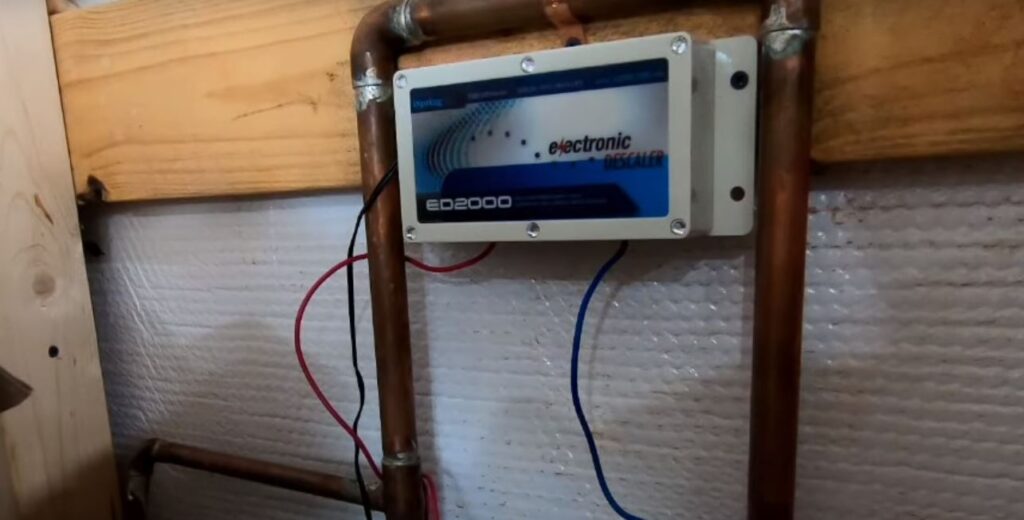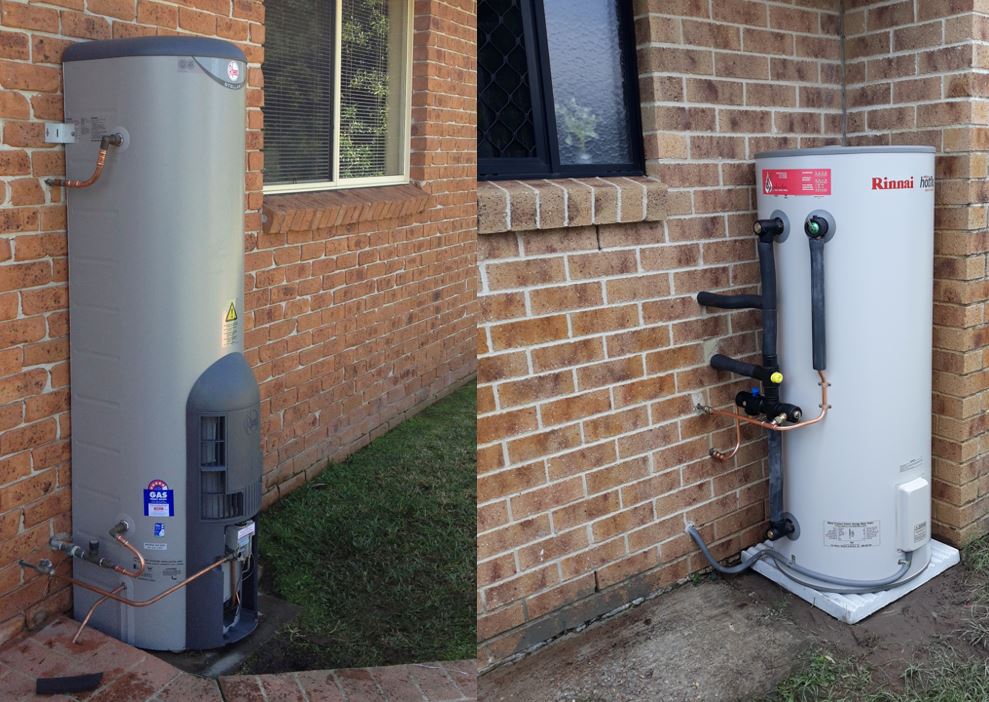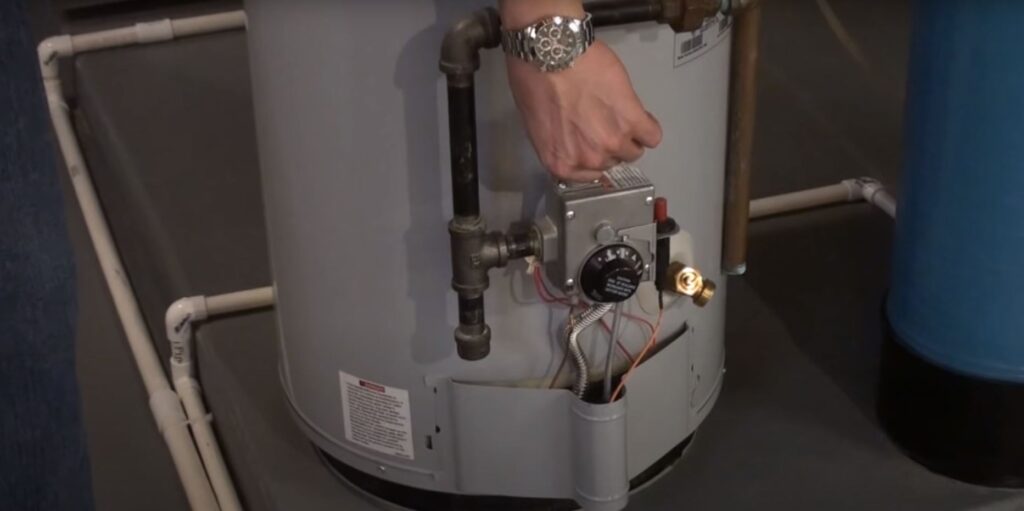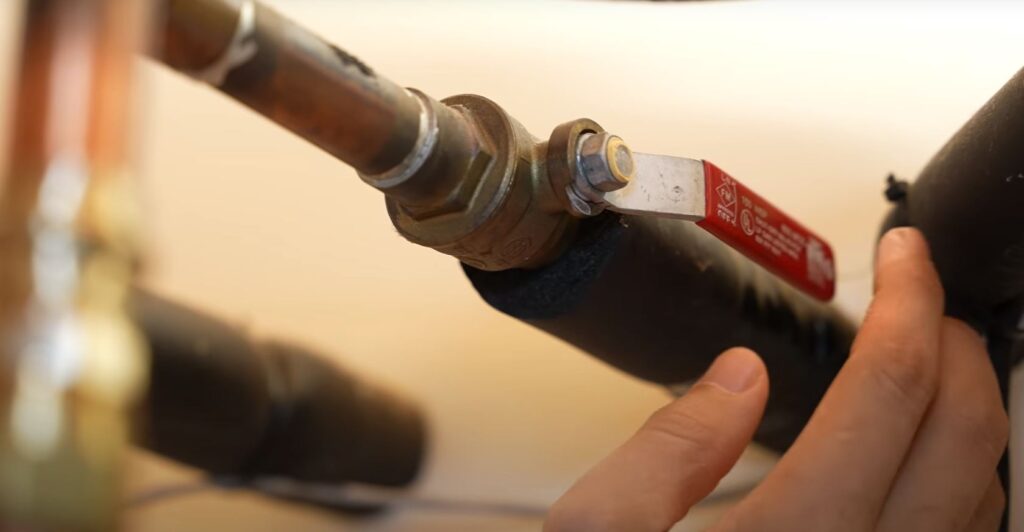Are Water Softeners Effective and How?
Residents of Melbourne often confront the challenge of managing water quality, particularly regarding rust and sediment in their water systems. Understanding the efficacy of water softeners and sediment filters is essential for optimal home water management.
Effectiveness of Water Softeners in Rust Removal
Water softeners, particularly salt-based ion exchange systems, can effectively remove rust by altering the water’s chemical balance. They work by:
- Replacing Hard Minerals: Iron, potassium, magnesium, and calcium are exchanged with sodium ions.
- Rust and Stain Reduction: Water softeners are effective in reducing, and in some cases, eliminating rust stains in sinks and showers.
- Limitations: They are most effective for low iron levels (up to 3 ppm). For higher concentrations, additional filtration may be required.
The Role of Sediment Pre-Filters
While water softeners address hard minerals, sediment pre-filters are essential for removing larger particles like dirt and sand:
- Trapping Sediments: They capture particles before entering the softening system.
- Protecting the Resin Bed: Pre-filters extend the life of the water softener’s resin bed.
- Maintaining Softening Efficiency: Prevents clogging and maintains the effectiveness of the water softener.
Need for Additional Filtration Systems
In certain cases, additional filtration alongside water softeners is necessary:
- Carbon Water Filters: Used for removing contaminants like chlorine.
- Iron Filters: Essential for reducing high levels of iron, manganese, and other minerals.
Conclusion
In summary, while water softeners are an integral part of water quality management in homes, particularly for rust caused by iron, they may need to be supplemented with sediment pre-filters and other filtration systems for comprehensive water treatment. For residents of Brighton and the broader Melbourne area, understanding these water treatment options can lead to enhanced water quality and extended appliance lifespan.
For specific concerns or guidance on the best approach for your home, consider consulting with water treatment experts like Hot Water Repairs Melbourne for personalized solutions and professional advice.
Key Takeaways on Water Softeners
Water Softeners and Rust Removal:
Salt-based ion exchange water softeners are effective in removing rust from water by replacing hard minerals like iron with sodium ions. They are most effective for low levels of iron (up to 3 ppm).
Sediment Pre-Filters:
These filters are necessary alongside water softeners to trap larger particles like dirt and sand, protecting the resin bed of the softener and maintaining its efficiency.
Additional Filtration Systems:
In some cases, especially when dealing with high levels of iron or other contaminants like chlorine, additional filtration systems such as carbon water filters and iron filters are required to complement the water softener.
Comprehensive Water Treatment:
A combination of water softeners, sediment pre-filters, and additional filtration systems can provide a comprehensive solution for water quality issues in homes.
Professional Consultation Recommended:
For personalized solutions and optimal water treatment, consulting with water treatment experts like Hot Water Repairs Melbourne is advised, especially for specific concerns or complex water quality issues.
Essential FAQs on Water Softeners’ Role in Reducing Rust and Sediment
Can water softeners remove rust from water?
Yes, water softeners can effectively remove rust by exchanging hard minerals like iron with sodium ions.
Do water softeners also reduce sediment?
No, water softeners are not designed to filter out sediment such as dirt or sand; for this, a sediment filter is needed.
What type of water softener is most effective for rust removal?
Salt-based ion exchange water softeners are commonly used and effective for rust removal.
How do water softeners work to reduce rust?
They work through a process called ion exchange, where minerals causing rust, like iron, are replaced with sodium ions.
Is a sediment pre-filter necessary with a water softener?
Yes, using a sediment pre-filter upstream of a water softener is recommended to protect the softener’s resin bed from sediment buildup.
Can water softeners remove heavy metals and iron from well water?
Water softeners can remove small amounts of iron but are not specifically designed to treat high levels of heavy metals or iron.
What causes rust in water systems?
Rust in water systems is often caused by a high concentration of iron, either from soil or rusting pipes.
Are there any risks associated with using water softeners for rust removal?
Improperly managed water softeners can lead to excess sodium in water and may require more frequent maintenance.
How often should water softeners be maintained for optimal rust removal?
Regular maintenance, at least annually, is recommended to ensure effective rust removal and overall system efficiency.
Can using a water softener lead to any plumbing issues?
Incorrectly sized or poorly maintained water softeners can cause issues, but properly managed systems generally don’t lead to plumbing problems.
Are water softeners effective in areas with very hard water?
Yes, they are effective in softening very hard water, but additional systems might be needed for complete water treatment.
Do water softeners make the water safe to drink?
Water softened by a water softener is generally safe to drink, but the sodium content should be considered, especially for those on low-sodium diets.
Will a water softener improve the taste and smell of water?
Water softeners can improve the taste and smell of water by removing minerals that cause hardness.
Can I install a water softener myself?
While it’s possible, professional installation is recommended to ensure correct setup and efficiency.
How long do water softeners last?
With proper maintenance, water softeners can last up to 15 years or more.
Do water softeners need electricity to operate?
Most traditional water softeners require electricity to operate the control valve and regeneration cycles.
Can water softeners handle iron from old pipes?
They can handle small amounts of iron but may not be sufficient for high levels of iron from old pipes.
What are the environmental impacts of using water softeners?
The main environmental concern is the discharge of salt brine into wastewater systems during regeneration.
Are there alternatives to salt-based water softeners for rust removal?
Yes, alternatives include magnetic or electronic water conditioners and iron-specific filtration systems.
Can water softeners prevent rust stains on appliances and fixtures?
Yes, by removing minerals that cause rust, water softeners can help prevent rust stains on appliances and fixtures.




